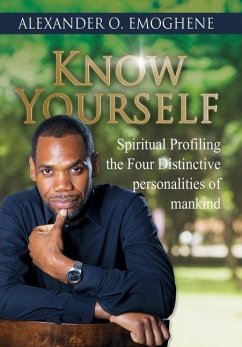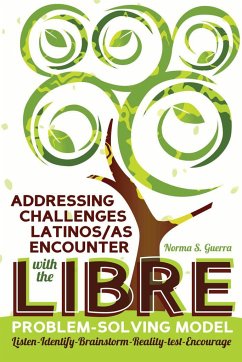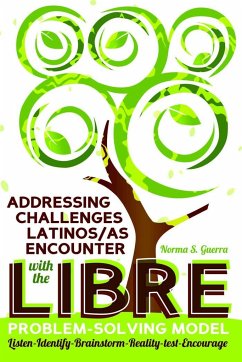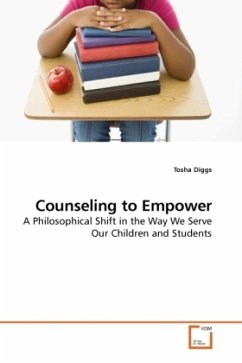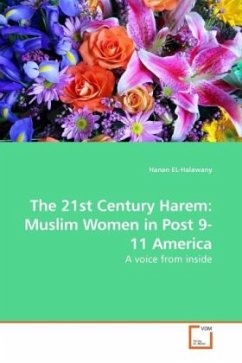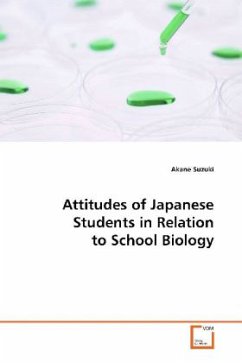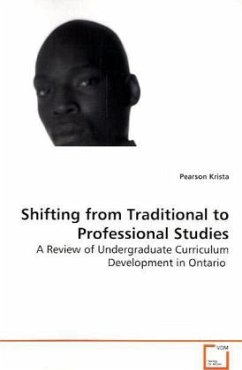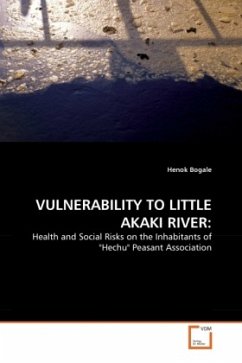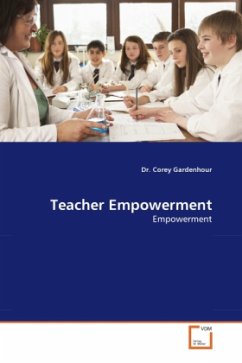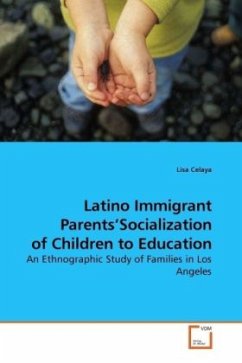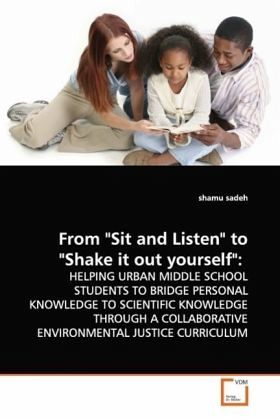
From "Sit and Listen" to "Shake it out yourself":
HELPING URBAN MIDDLE SCHOOL STUDENTS TO BRIDGE PERSONAL KNOWLEDGE TO SCIENTIFIC KNOWLEDGE THROUGH A COLLABORATIVE ENVIRONMENTAL JUSTICE CURRICULUM
Versandkostenfrei!
Versandfertig in 6-10 Tagen
52,99 €
inkl. MwSt.

PAYBACK Punkte
26 °P sammeln!
This study is designed to address the equity gap byhelping students connect personal/cultural knowledgeto scientific knowledge. A collaborative actionresearch study was conducted in 8th grade scienceclassrooms of low-income African American and Latinostudents. The participating teacher and theresearcher developed, enacted and evaluated acurriculum that elicited students personal andcultural knowledge in the investigation of localcommunity issues. Using qualitative methods, data wascollected through student and teacher interviews,observation, and written documents. Data was analyzedto answer qu...
This study is designed to address the equity gap by
helping students connect personal/cultural knowledge
to scientific knowledge. A collaborative action
research study was conducted in 8th grade science
classrooms of low-income African American and Latino
students. The participating teacher and the
researcher developed, enacted and evaluated a
curriculum that elicited students personal and
cultural knowledge in the investigation of local
community issues. Using qualitative methods, data was
collected through student and teacher interviews,
observation, and written documents. Data was analyzed
to answer questions on student participation and
learning, bridging between personal and scientific
knowledge, and student empowerment. The most
compelling themes from the data were described as
parts of three stories: tensions between the empire
of school and the small student nation, bridging
between the two nations, and students gaining
empowerment.
helping students connect personal/cultural knowledge
to scientific knowledge. A collaborative action
research study was conducted in 8th grade science
classrooms of low-income African American and Latino
students. The participating teacher and the
researcher developed, enacted and evaluated a
curriculum that elicited students personal and
cultural knowledge in the investigation of local
community issues. Using qualitative methods, data was
collected through student and teacher interviews,
observation, and written documents. Data was analyzed
to answer questions on student participation and
learning, bridging between personal and scientific
knowledge, and student empowerment. The most
compelling themes from the data were described as
parts of three stories: tensions between the empire
of school and the small student nation, bridging
between the two nations, and students gaining
empowerment.



